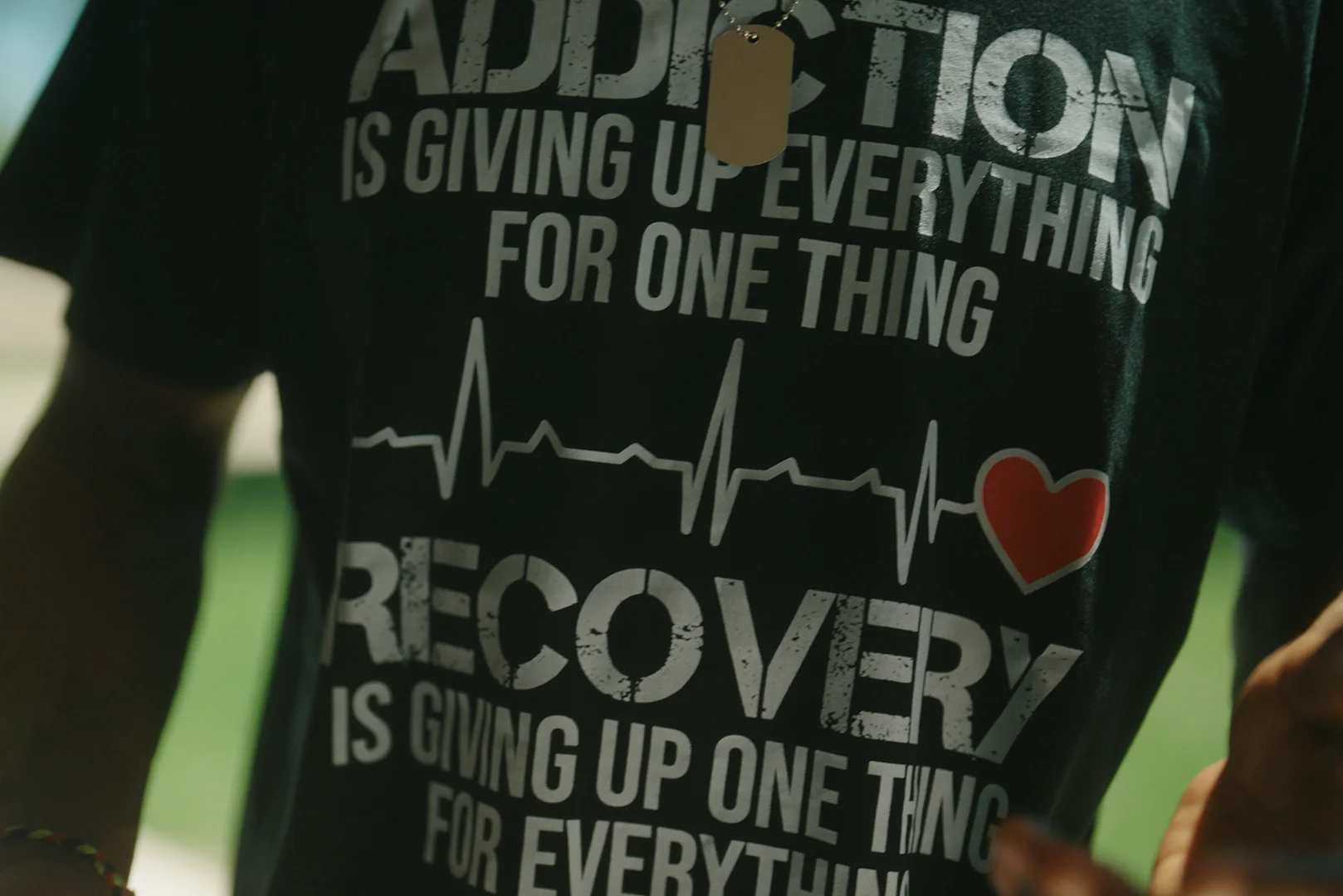Schizophrenia Treatment Center


What is Schizophrenia?
Schizophrenia is a severe and complex mental health disorder that affects how a person thinks, feels, and behaves. It is characterized by a range of symptoms that can vary in intensity and duration, making it a challenging condition to manage.
The exact cause of schizophrenia is not fully understood, but it is believed to result from a combination of genetic, environmental, and neurochemical factors. It typically emerges in late adolescence or early adulthood, although it can develop at any age.
According to the World Health Organization (WHO), schizophrenia affects approximately 24 million people, or 1 in every 300 people worldwide.
Common Signs of Schizophrenia
Schizophrenia can affect anyone—women as well as men—and tends to include a number of problems with thinking, behavior, and emotions. It is usually accompanied by a number of signs and symptoms. Some of the most common ones include:
Hallucinations
People with schizophrenia may experience hallucinations, which are false sensory perceptions. Auditory hallucinations (hearing voices) are the most common, but visual hallucinations can also occur.
Delusions
Delusions are strongly held false beliefs that people hold despite there being no evidence to support them. Individuals with schizophrenia may have delusions of persecution (believing they are being targeted or followed), grandiosity (having an inflated sense of importance), or other irrational beliefs.
Disorganized thinking
Schizophrenia often disrupts a person’s thought processes, leading to disorganized thinking. This can manifest as incoherent speech, difficulty organizing thoughts, and trouble concentrating or following a logical sequence of ideas.
Impaired emotional expression
People with schizophrenia may display a reduced range of emotional expression. They might appear emotionally flat or unresponsive in situations where most people would express their emotions freely.
Social withdrawal
Schizophrenia often leads to social withdrawal and difficulty in forming and maintaining relationships. Individuals with the disorder may isolate themselves due to fear, paranoia, or the overwhelming nature of their symptoms.
Cognitive impairments
Many individuals with schizophrenia experience cognitive deficits, affecting memory, attention, and problem-solving abilities.
Negative symptoms
These are symptoms that represent a decrease or loss of normal functioning. Negative symptoms can include reduced motivation, a lack of interest in social or daily activities, and reduced emotional expressiveness.
To be diagnosed with schizophrenia, symptoms must persist for a significant portion of time (usually at least six months), including an active phase characterized by hallucinations, delusions, or disorganized thinking.
When Schizophrenia and Addiction Co-Exist
Schizophrenia is a common mental health disorder, and it is accompanied by a struggle with drug or alcohol addiction. In fact, some estimates say that about half of all schizophrenia patients also struggle with a substance use disorder.
There are various reasons why schizophrenia and addiction regularly co-occur. Using drugs does not cause schizophrenia, but those who suffer from schizophrenia have a much higher likelihood of also struggling with drug addiction. Sometimes the root condition that causes schizophrenia also leads to a struggle with substance use. In other cases, the addiction develops as a result of self-medication, as people desperately try to soothe their schizophrenia symptoms using drugs and alcohol. Although drugs may seem to be alleviating some symptoms at first, substance abuse will actually make the effects of schizophrenia far worse
When the two conditions exist at the same time, they are called co-occurring conditions. The presence of one condition can sometimes hide the other; for example, addiction can make the true effects of schizophrenia difficult to spot. This is what makes dual diagnosis so necessary. In dual diagnosis treatment, both conditions are identified—and as such, they can be treated at the same time, without one of them being neglected or ignored.


Common Signs of Addiction
Addiction comes with its own set of symptoms, such as:
- Building tolerance—needing more and more of a substance to get the same effect.
- Feeling sick, shaky, or depressed when the effects of your substance wear off.
- Being unable to stop using the substance, despite ill effects in your personal life.
- Losing interest in the things you used to feel passionate about—hobbies, relationships, etc.
- Hiding your drug use and its negative effect on your life.
- Making multiple failed attempts to stop using drugs or alcohol
- Spending excess time and money on drugs/alcohol
If you or someone you love has a drug or alcohol problem, you’ve come to the right place. Reach out to 1st Step Behavioral Health today to discuss your treatment options.
Understanding the Need for Dual Diagnosis Treatment for Schizophrenia and Addiction
Without the proper diagnosis, the symptoms of addiction may be treated, but not the symptoms of schizophrenia—or vice versa. With proper dual diagnosis care, however, you can ensure that the underlying condition is being addressed, not just the external symptoms; and, you can be certain that you are receiving a treatment that is comprehensive and effective.
For those who struggle with schizophrenia and addiction, recovery may seem like a pipe dream—but the important thing to know is that it is never hopeless, nor is anyone ever beyond the scope of recovery. The first step is simply to get the right diagnosis, something that is best done in a dual diagnosis facility like 1st Step.
How is Schizophrenia Treated?
Treatment for schizophrenia often involves a combination of antipsychotic medications, psychotherapy, and support from mental health professionals. While there is no cure for schizophrenia, many individuals with the disorder can lead fulfilling lives with proper treatment and support. Early intervention and ongoing care are essential for managing the symptoms and improving the quality of life for those living with schizophrenia.
In our dual diagnosis program, clients’ treatment plans are designed according to their unique needs and aim to address the mental, emotional, social, and physical aspects of their conditions.

Get Treatment for Schizophrenia and Addiction in Florida
Hope and healing are possible—so why not take your first step today? Get freed from the effects of mental illness, and begin the process of lifelong recovery right away. Learn more by reaching out to our team at 1st Step. Contact us today!
